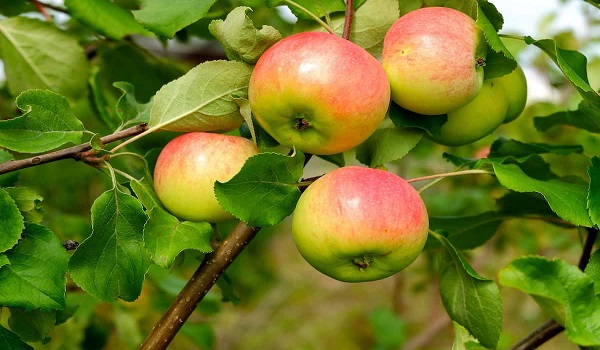The horticulture sector in Uttarakhand has seen a substantial decrease in both yield and cultivation area of major fruit crops over the past seven years. This decline has been particularly pronounced since 2020, especially for temperate fruits such as apples. The area dedicated to apple cultivation has dropped from 25,201.58 hectares in 2016-17 to 11,327.33 hectares in 2022-23, along with a 30% reduction in yield. Lemon varieties have experienced a 58% yield reduction. In contrast, tropical fruits like mango and litchi, despite a nearly 50% reduction in cultivation area, have maintained relatively stable production levels, with slight declines of 20% and 24%, respectively. Interestingly, the guava cultivation area has increased by 36.64%, and yields for guava and gooseberry have surged by 94.89% and 63.77%, respectively, indicating a shift in the state’s horticultural focus.
Kashmir Apple Industry Faces Downturn Due to Foreign Competition
The Kashmir apple industry is facing a severe downturn, driven by intense competition from foreign imports. Demand for Kashmiri apples across India has plummeted, leading to a price drop of more than 50% compared to last year. The influx of apples from countries such as South Africa and Iran has exacerbated the situation, significantly affecting local growers. Apple farmers, who store their produce in controlled atmosphere (CA) storage, are now receiving less than half the revenue they earned last year, despite incurring high storage costs. As a result, many are adopting a wait-and-watch strategy.
Bashir Ahmad Basheer, Chairman of the All Kashmir Valley Fruit Growers-cum-Dealers Union, highlighted the detrimental impact of imported apples on the local industry. “This influx of foreign apples has hit our industry hard. We have been appealing to the government to impose taxes on foreign apple imports to protect the local apple industry,” Basheer said.
The price reduction has caused considerable distress among growers, with A-grade apple boxes experiencing a 40% price drop and B-grade apples seeing a 60% decrease. The low returns from CA-stored stock are failing to cover farmers’ costs, from pesticide use to packaging.
Given the apple industry’s critical role in Kashmir’s economy and employment, growers’ associations are calling for government intervention. They have requested measures such as import duties on foreign apples and financial assistance to mitigate losses and support the local industry’s sustainability. The presence of imported apples in supermarkets and online platforms has further decreased demand for Kashmiri apples, exacerbating the industry’s challenges.
Experts emphasize the need for strategic interventions to assist apple growers during this difficult period, attributing the market downturn to the influx of imported apples and other factors.


